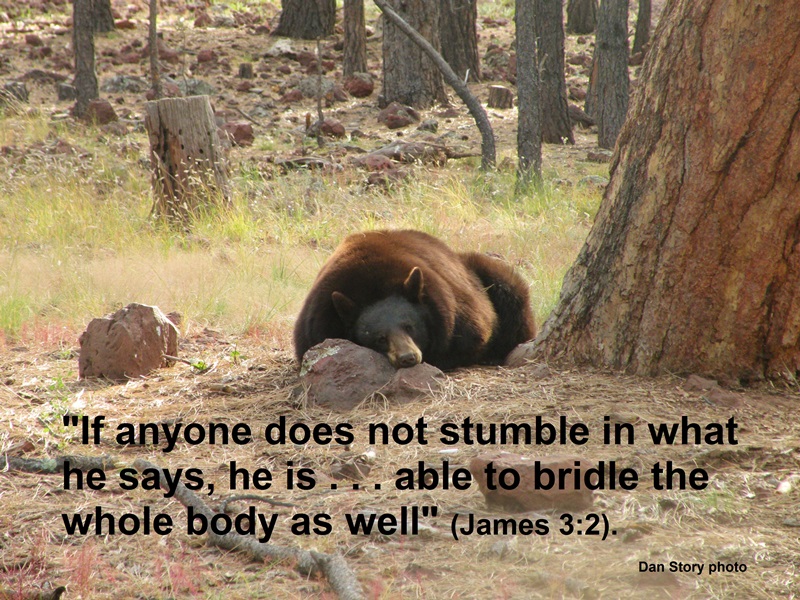
Part 3: Effective Evangelism and Apologetics Demand We Avoid Loaded Language . . . Such As:
More often than not, the words we use and how we say them will count as much in evangelism and apologetics as what we say. This means we avoid loaded language: words and phrases that belittles, mocks or ridicules. As Peter Kreeft and Ronald K. Tacelli point out,
An argument in apologetics, when actually used in dialogue, is an extension of the arguer. The arguer’s tone, sincerity, care, concern, listening and respect matter as much as his or her logic–probably more. The world was won for Christ not by arguments but by sanctity: “What you are speaks so loud, I can hardly hear what you say.” (Handbook of Christian Apologetics, p. 23)
Search Ministries produced an excellent workbook on lifestyle evangelism entitled, Connexions; Developing a Lifestyle of Evangelism Among Friends. They point out that “Only 7% of effective communication involves the actual words. Ninety-three percent of the communication process incorporates the non-verbal components. In other words, how you say what you say is critically important.”
In appendix three of the same workbook, Search Ministries offer the following list of things to avoid saying:
“Beware of these responses. When someone forcefully expresses a view which belittles or puts down your faith, emotions soar and it is easy to respond with these kinds of statements. Here are the discussion stiflers.
- It’s a proven fact that . . .
- That’s just the way it is . . .
- There’s no question about . . .
- Only fools believe . . .
- (Using a condescending tone of voice) The Bible says . . .
- You don’t know what you’re talking about.
- That’s ridiculous.
- Look at the evidence.
- That just doesn’t fit the facts.
- You’re not serious.
- Well, if you believe that, then . . .
- There’s just no evidence for . . .
- That’s been totally disproved.
- Give me a break, that was refuted years ago.
- Hey, if you believe that, you are committing intellectual suicide.
- That’s a self-defeating argument; you’ve just said something that’s impossible.
- You’re being totally illogical.
- How can you even say that?”
The message is clear: Avoid words and phrases that raise people’s hackles rather than opening their minds. In conversing with unbelievers, it is essential to follow the Apostle Paul’s instructions in Colossians 4:6: “Let your conversation be always full of grace, seasoned with salt, so that you may know how to answer everyone.”
Next week we’ll see the benefit of using ordinary language when communicating with non-Christians. I’ll illustrate this by putting ourselves in the shoes of unbelievers visiting a church for the first time. What words and phrases may they hear that will sound totally foreign to them?
Very timely and important counsel! Thanks!